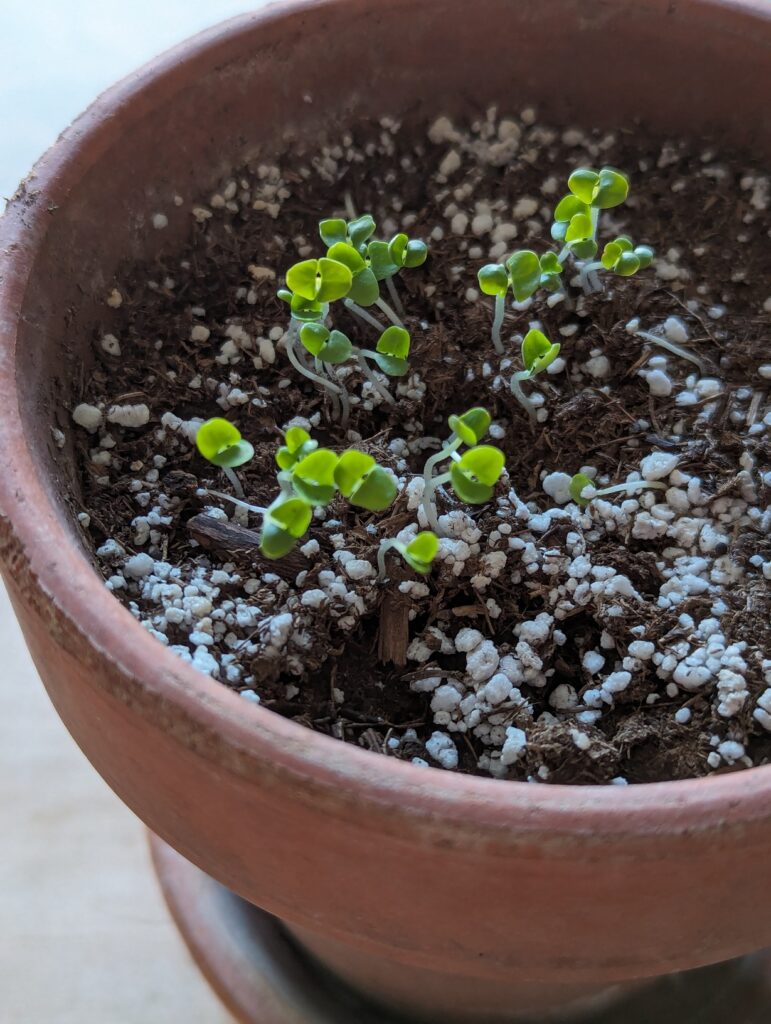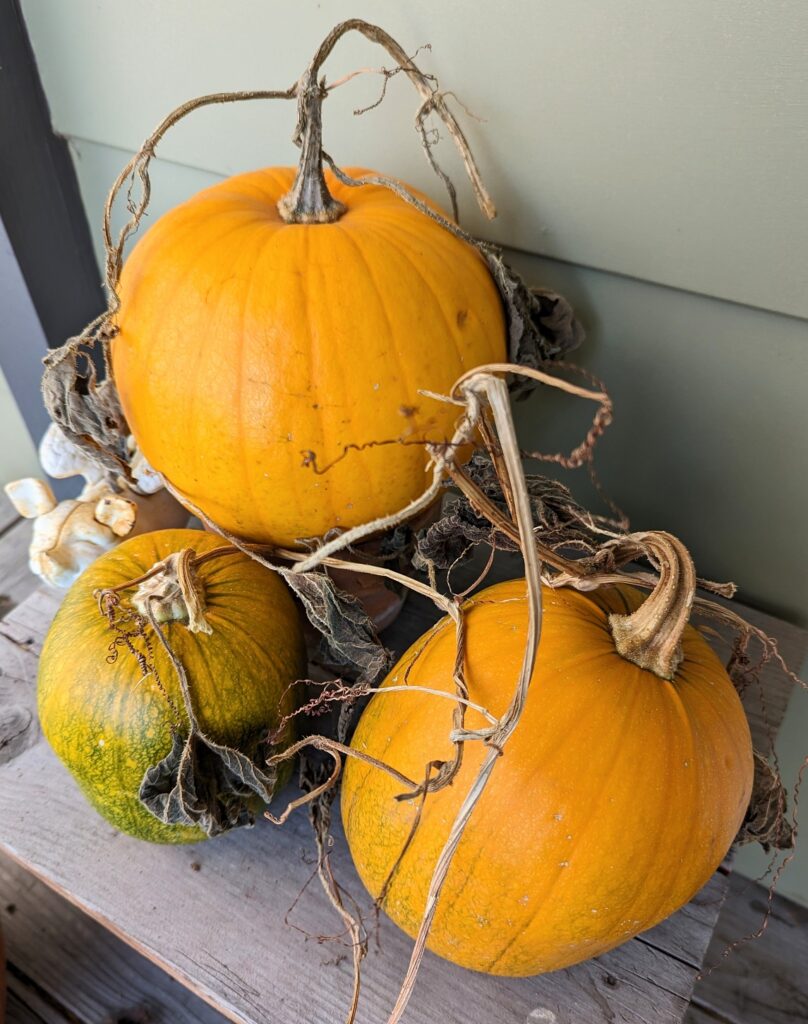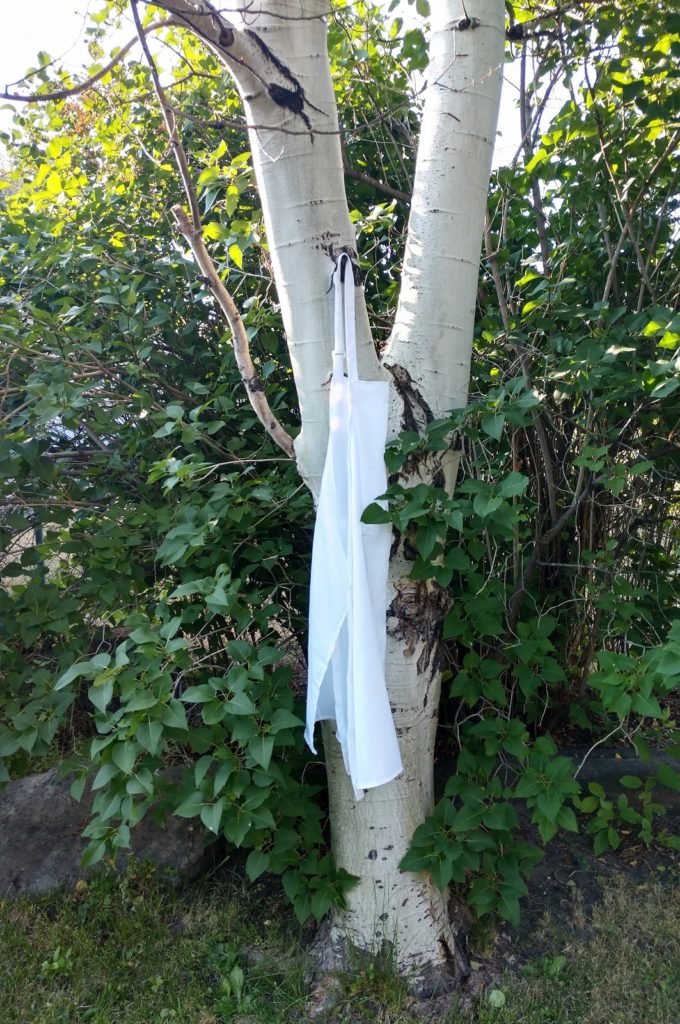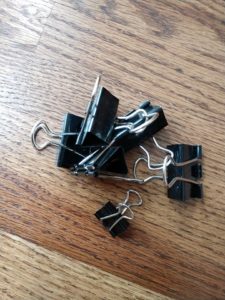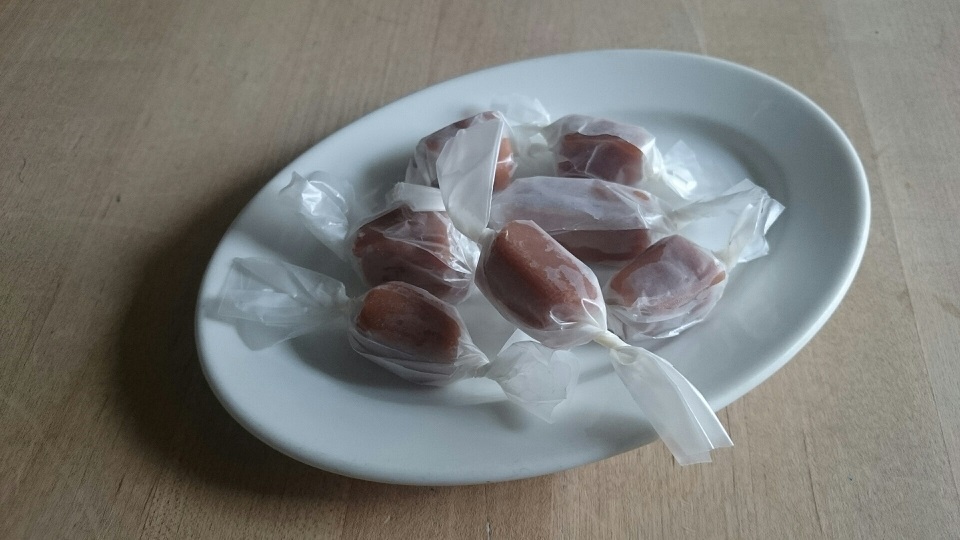“Jesse! “
“I know, Hank. It’s been awhile. At least that’s what everyone says to me after I resurface from my preferred lock-down location. But, something’s driving me crazy and I had to run it by you. Besides, I’ve missed you … and your beer.”
“Well, it’s always a treat to see you walk in that door. Having the usual?”
Jesse nodded and took off her jacket.
Hank slid a beer across the bar and said, “So what’s got your mind spinning now, Jess?”
“Okay, I know we are wired to survive. At least that’s what the books – that we are allowed to read – tell us. We wouldn’t still be here mucking things up if that weren’t the case. Many moons ago, threats looked like a saber-toothed tiger. And I get that threats have changed as we’ve evolved.”
Hank dried his hands on a bar rag, “Have we all evolved, Jesse?” Hank laughed, “Yeah, now some of us face a threat by being in the wrong place with a different skin color. Or, a threat is being exposed to a communicable disease; or being alone in an alley while wearing a short skirt; or losing connection to the internet while binge-watching Castle.”
Jesse laughed. “When Jen is home from college, we binge on Castle! Love that show, even if he’s full of himself. Anyway, if you consider the fact that many of us survived childhood, middle school, learning to drive and decades without a television remote, it’s pretty clear we’ve demonstrated that we do have the capacity to survive. The other thing is that we’re wired to protect our offspring.”
“I gotta stop you there, Jess. I know some who aren’t wired that way, or at least their wires are crossed.”
“Oh, I know that’s true, Hank. Sadly. But, it’s also true that some who didn’t procreate still have the desire to protect the offspring of others. Did they get an extra dose of empathy? Is that a carry over instinct from a previous life when they did have kids? Or is it part of our basic wiring to protect the species?”
“It’s gotta be part of our basic wiring. If we aren’t giving birth to the ones who grow up to work in the factories or plow the fields or serve the tacos, someone’s got to give birth to them. We’d all better look out for the kids in order to keep society running. Right?” Hank walked to the end of the bar to greet a new customer.
When he returned Jesse said, “So with these instincts of survival and protection of the species….”
“I know where you’re going with the, Jesse…”
“What the actual fuck, Hank?!”
Hank laughed and shook his head. “I know. I know.”
“How has the definition of a threat changed so much? I know that perceived threats change for each of us with the passage of time. A steady diet of Taco Bell, beer, coffee and ramen was not a threat in my 4 – okay, 5 – years of college. Now, I’d definitely consider that diet a threat. See, that’s proof that I want to survive, right? I’m not thrilled at the prospect of my kids subsisting on that kind of diet, but the one who does, well, he seems to be surviving. How can the definition of a threat be so different for different people? Weren’t we all afraid of the saber-toothed tiger? Why aren’t we all afraid of Covid? Why are some of us afraid of a mask? Why are some of us afraid the government will force us to get a shot? Wouldn’t we have been thrilled to have a government protect us from that saber-toothed beast?”
A customer looked over at Jesse. “Sorry if I’m a little worked up, Hank.”
Hank wiped a worn spot on the bar that had seen a lot of wiping over the years. “Never apologize for being passionate, Jesse. Maybe ‘fear’ isn’t the right word. Many don’t want to be inconvenienced. Our lives have become cushy since the days of fending off tigers. Now we have time to sit around, with a remote in our hands, deciding we don’t have to be inconvenienced by wearing a mask, or getting a shot or staying home to watch the football game when we’d rather meet friends at a crowded bar.”
Jesse slid her empty class over to Hank. “So how has business been?”
“I’ve got a bit of a reputation, I guess. Folks – not a lot of ’em, mind you – come here knowing it won’t be crowded. They know most will be masked, as much as possible, anyway. I’m doing okay, for the times.”
“I’m glad for you, Hank. For awhile, there, I worried you wouldn’t be able to keep your doors open.” Jesse reached for her new beer and took a sip. “Why does it look like some believe that protecting others puts their own survival at risk?”
“I dunno, Jess. Do they equate survival with freedom?”
“Maybe that’s it, but how free are you if you’re dead?”
“Well,” Hank chuckled, “some think that’s the ultimate freedom.”
“You’re such a philosopher, Hank. That’s one of the things I love about this place. But, all of this gets me to thinking about the need to belong to a group, which is part of that survival instinct. It was a lot easier to go up against a tiger when in a group. It’s also an offshoot of the desire to protect offspring. You try raising children as a single parent. We need a village!”
“How’s your village, Jess?”
“Don’t get me started!” Jesse took another slow sip as she pondered. “Okay, so the village raises or protects the children and the species survives. Right? Society continues to function. Fields are plowed; widgets are produced in the factories; apps are designed for our devices; and all the tacos are served. Much of the functioning of society is handled by groups – families, churches, schools – you get my point. And even though I’m not much of a joiner, I can see how the group you belong to can dictate many of your beliefs and choices. I’ve a friend who is a diehard Broncos fan. Her bathroom is decorated in Broncos memorabilia.”
Hank looked at the end of the bar. Before he walked down to take an order, he looked at Jesse and said, “Really?”
“I wouldn’t lie about that kind of thing, Hank!”
When Hank returned, Jesse asked, “How does one intentionally decide to join the anti-vax group or the anti-mask group? Doesn’t that go against the basic instinct of survival and the other – perhaps, as you suggested – not so basic instinct to protect the species? What kind of chemical mash-up happens in a brain when it sees a mask and determines that a mask is bad? What goes on in a brain that decides vaccines are bad?”
Jesse shook her head. “Is that directly related to the power (brainwashing) of the group? I’ll admit to some brainwashing from my left-leaning, save the children group, but I’m not walking around boosted and masked while suffering from some sort of cognitive dissonance stemming from my choices conflicting with my instincts.”
Hank folded and unfolded a bar rag as he listened to Jesse’s rant. “I seriously think that we are all dealing with cognitive dissonance, Jesse. Maybe that’s the only thing we all have in common.”
Jesse nodded, “Oh, I know! But maybe they aren’t bothered by cognitive dissonance, just as they proclaim – those who are still alive to do so – that they aren’t bothered by Covid.”
Hank put both hands on the bar and leaned in. “At the end of the day, the members of those groups will continue to believe the propaganda coming from the leader of the group. They’ll go home and fall down some rabbit hole on the internet that confirms everything that their leader tells them. They’ll binge-watch conspiracy theories and call their friends and rant and rave, just as you are doing right now. They’ll share posts about how only stupid people wear masks, or the government tracks you with the shot. They’ll vote for those who think like them. And all along they have no real clue that their own choices are jeopardizing their very survival.”
Hank leaned back, “What ever happened to critical thinking, Jesse? How will society function when so many are misguided?”
Jesse reached for her jacket, “They think they are critical thinkers, Hank. Even though they haven’t connected the dots on why it’s not as easy to get tacos these days.”
Edit: I hit publish, and got on the treadmill to read the next chapter of Caste – the Origins of Our Discontents. Chapter 20, The Inevitable Narcissism of Caste, speaks of the narcissism of group leaders. Perfect timing? If you haven’t read Isabel Wilkerson’s powerful book, you really should consider it.
